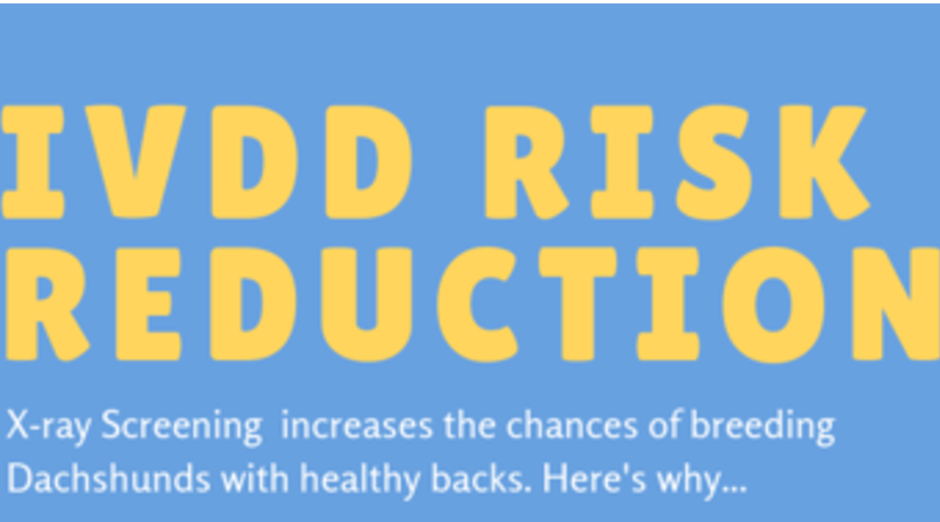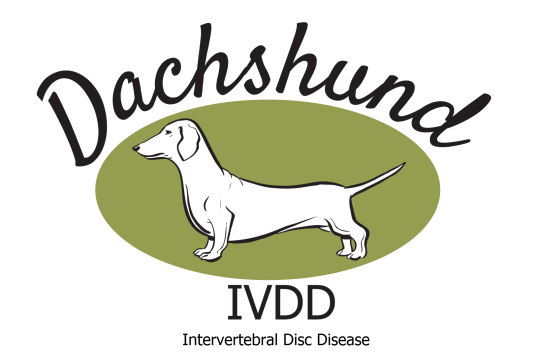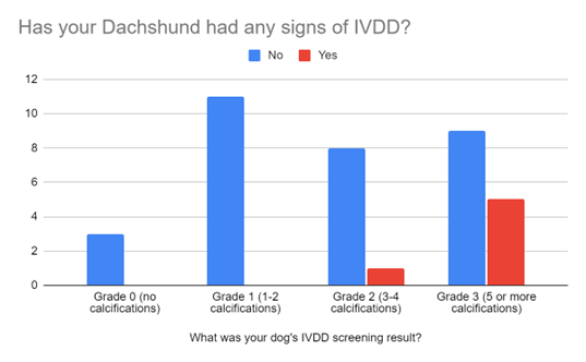
UK Results Analysis
The UK Dachshund IVDD Screening Programme was launched in December 2016 by the Dachshund Breed Council. In 2021, it became a formal screening programme run by the Kennel Club. The scheme is subsidised by both the Kennel Club and Dachshund Health UK (registered charity). By the end of 2023, 288 dogs had been screened in the UK (under the Breed Council and KC scheme).
This report presents the analysis of UK data to answer the question: Are dogs with 5 or more calcifications more likely to have clinical signs of Intervertebral Disc Disease (IVDD)? You can download the full report here:
This report presents the analysis of UK data to answer the question: Are dogs with 5 or more calcifications more likely to have clinical signs of Intervertebral Disc Disease (IVDD)?
Analysis of UK IVDD Screening 2024 v1.pd[...]
Adobe Acrobat document [350.0 KB]
Using the full set of survey data (all ages) the Odds Ratio for an IVDD case in Grade 3 dogs is 2; i.e. twice as likely than dogs with Grade 0-2. However, this is not statistically significant.
Since we might expect some of the younger dogs in the survey to have not yet suffered an IVDD incident, it is worth examining a subset of the data, for the older dogs. Taking only those dogs aged 7 or older gives an Odds Ratio of 12; i.e. dogs aged 7 or older with a screening Grade 3 result were 12 times more likely to have had an IVDD incident than dogs with Grades 0, 1 or 2. Although this is a smaller sample of dogs, it is statistically significant (P=0.03; 95% CI 1.2-120).
Whether we look at the full set of data or the sample of older dogs, it is clear that dogs with low numbers of calcifications are less likely to suffer an IVDD incident. Our results are consistent with the Nordic data published in numerous studies. The X-ray screening results also help to explain that the test is an assessment of risk. Some dogs with good scores (low calcifications) may still end up with a herniated disc but, on the balance of probability, they are less likely to do so than dogs with high numbers of calcifications.


